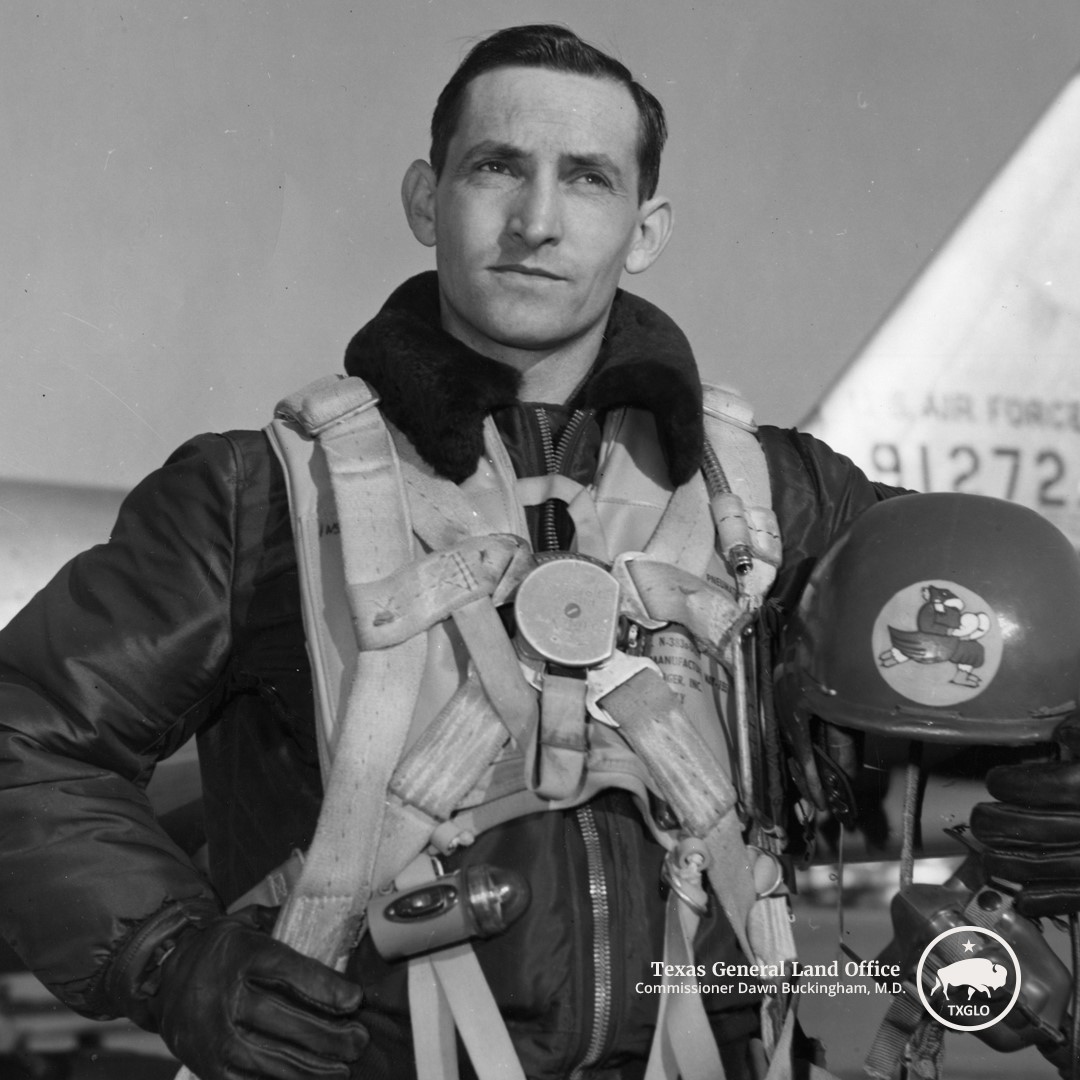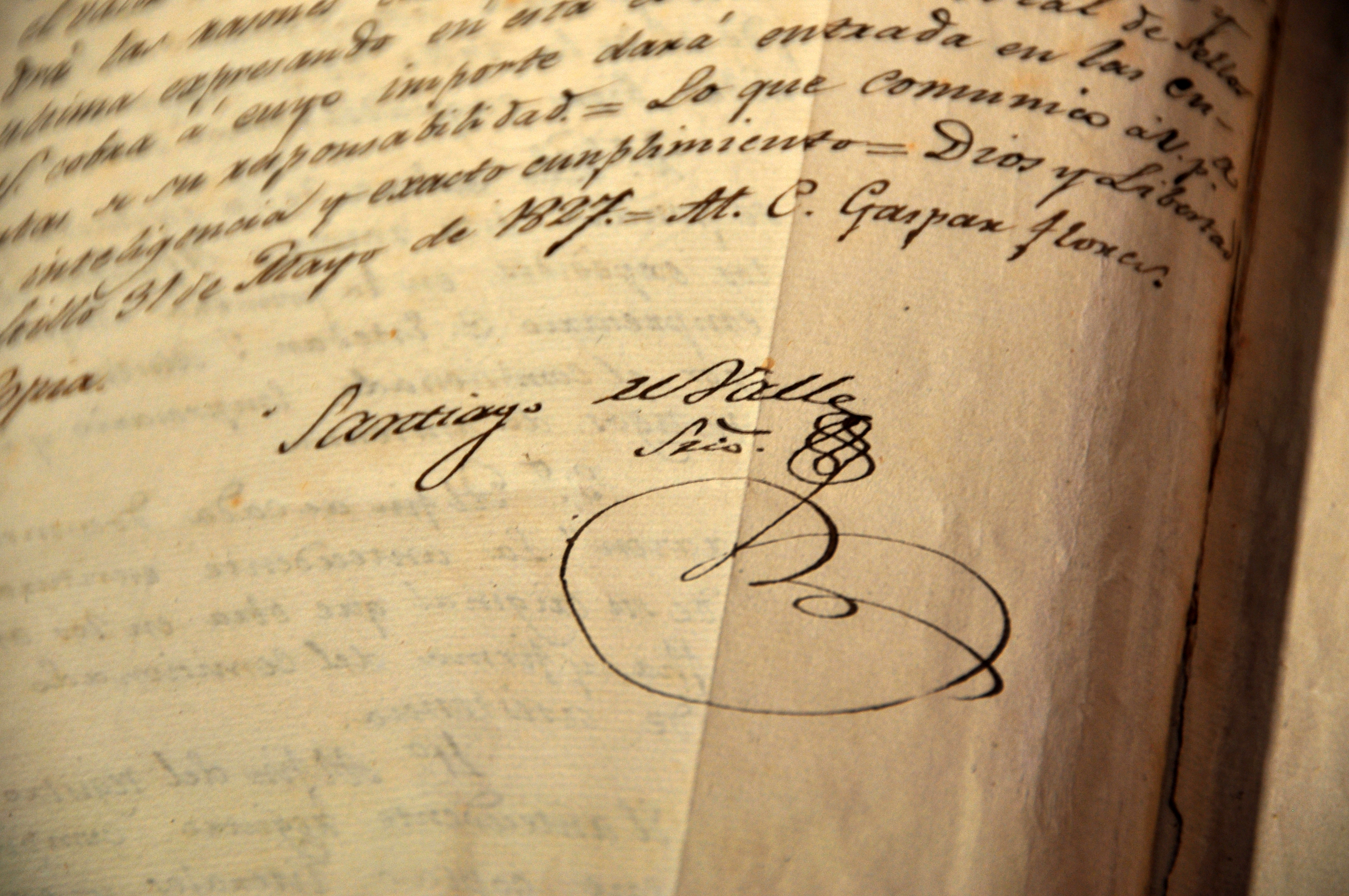Today, Texas Land Commissioner Dawn Buckingham, M.D., sent a letter to the United States Secretary of State, Antony Blinken, and other key leaders calling for a joint investigation by the U.S. Department of State and the U.S. Department of Defense to locate and return the remains of World War II and Korean War Veteran Lieutenant Colonel George A. Davis, Jr.
Early next year, the Texas General Land Office (GLO) and the Texas Veterans Land Board (VLB) will open the fifth Texas State Veterans Cemetery in Lubbock, where Davis' family resides. In honor of his tremendous courage and sacrifice, the GLO plans to commemorate the grand opening of the new cemetery by holding a special interment ceremony for Colonel Davis.
"As Land Commissioner and VLB Chairwoman, supporting our Veterans and ensuring they are laid to rest with honor and dignity is one of my top priorities," said Commissioner Buckingham. "Lieutenant Colonel George A. Davis, Jr. is a World War II and Korean War hero. He had an exemplary military career as a decorated U.S. Army Air Corps pilot, fought in two major wars, and selflessly made the ultimate sacrifice for his country while fighting in Korea over seven decades ago. We must help bring him home to rest in Lubbock, where his family resides and remind our state and nation that our war heroes will never be forgotten. After 72 years, Colonel Davis and his family need to be reunited."

Col. George A. Davis has been missing since he was shot down during the Korean War on Sunday, February 10, 1952
Colonel Davis began his incredible military career fighting in World War II after joining the U.S. Army Air Corps in March 1942. In just three years, he flew 266 combat missions, accrued 705 combat hours, and was awarded several medals, including the Silver Star, two Distinguished Flying Crosses, and nine Air Medals for acts of heroism.
Colonel Davis commanded the 334th Fire-Interceptor Squadron during the Korean War while training new pilots and flying air-to-air combat missions. He was awarded the Distinguished Service Cross for his leadership and extraordinary bravery in combat with an armed force. He became known as the Korean War's ace of aces.
Colonel Davis was shot down 30 miles south of the Yalu River on February 10, 1952, while flying his 59th mission and defending a group of F-84 Thunderjets conducting a low-level bombing mission over North Korea. He was declared missing in action and presumed dead. Colonel Davis was later awarded the Congressional Medal of Honor for his valorous actions.
Currently, controversy and rumors surround the location of Colonel Davis's remains. It has been reported that the Chinese military recovered Colonel Davis's body but did not return his remains to the United States. There are additional reports that his dog tag and remains are possibly on display in a Korean War Museum in Mainland China.
Regarding this critical situation, Commissioner Buckingham said in her letter, "These rumors are extremely problematic, and if true, the flagrant disrespect shown to Colonel Davis is unacceptable. I'm calling on the United States to use all diplomatic means to demand the Chinese government to permit United States investigators to explore the validity of these claims immediately [...] Please help the loved ones of Lieutenant Colonel Davis finally find closure and allow us to provide him a dignified resting place."
Click the button below to read Commissioner Buckingham's letter to help bring home Colonel Davis.








